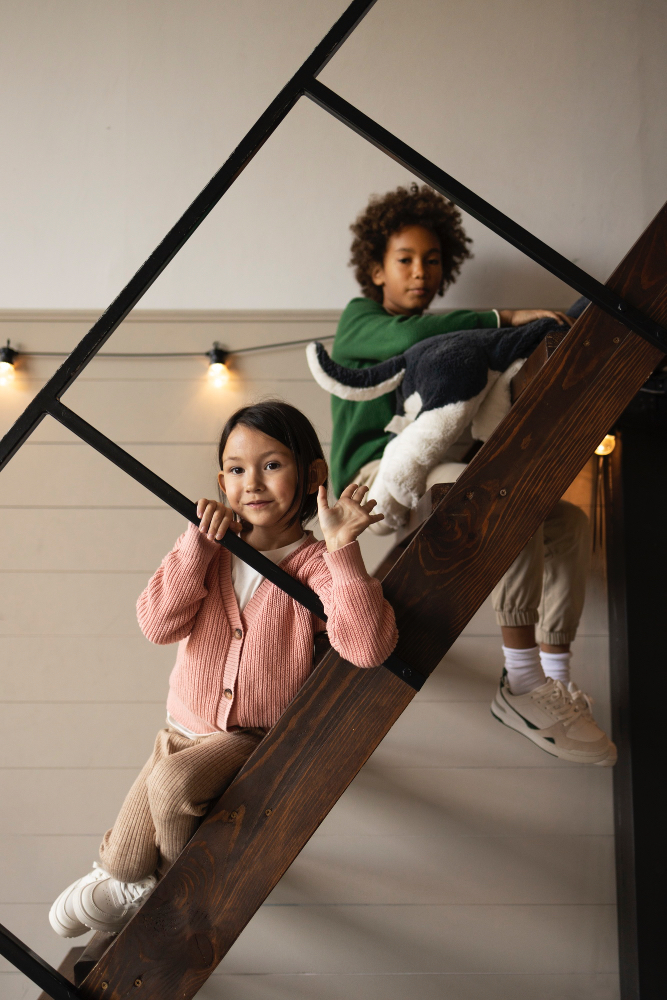Parents are often looped in after decisions have already been made—presented with a finalised IEP, an already-executed placement change, or a support plan they didn’t help shape. But the legal requirement is clear: consultation must happen before decisions are made, and the input of families must be taken seriously in shaping educational programming.
Key takeaways
- Consultation must precede implementation
Families are legally entitled to be consulted before a placement or IEP is finalized—not after. Consultation is not a post-decision formality. - Parental insight informs what works
Parents carry essential knowledge about how a child learns, what causes distress, and what supports have proven effective. Their role is substantive, not symbolic. - Legal authority backs your participation
The School Act, Ministry Orders, and human rights case law (Hewko, 2006) all confirm that consultation is mandatory—not optional or discretionary.
Learn more
Part 4: Duty to Accommodate – Duty to Consult
by Kim Block, Speaking Up











